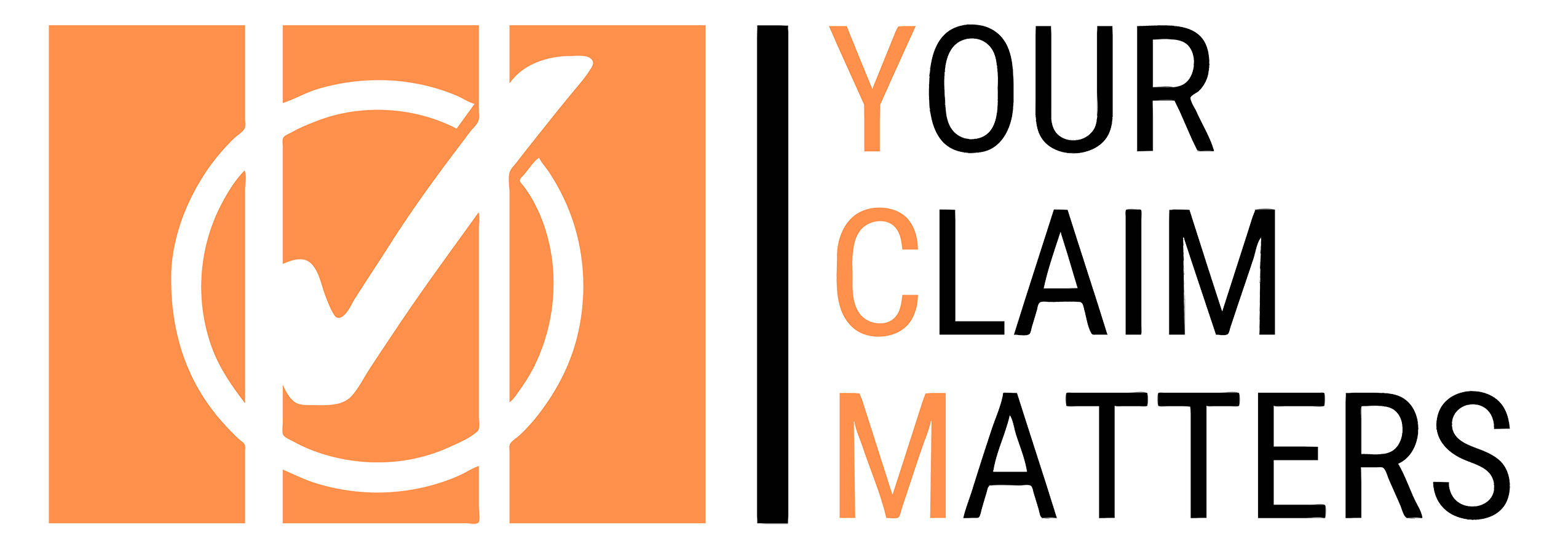The Payment Protection Insurance (PPI) scandal is one of the largest financial mis-selling controversies in history, affecting millions of consumers in the United Kingdom. While the initial focus was on the mis-selling of PPI policies, another aspect emerged known as Plevin PPI. This blog post delves into the question of who is to blame for Plevin PPI and discusses the various parties involved in this complex issue.
Financial Institutions
Financial institutions, including banks, lenders, and insurance companies, played a significant role in the mis-selling of PPI policies, leading to the emergence of Plevin PPI claims. These institutions designed, marketed, and sold PPI products without providing consumers with clear and accurate information about the associated commissions. The lack of transparency allowed financial institutions to earn substantial profits at the expense of unsuspecting customers.
Sales Representatives
Staff employed by financial institutions were responsible for promoting and selling PPI policies to customers. In many cases, they failed to provide comprehensive information about the commission structure and the potential implications for customers. Some staff may have even utilised aggressive or misleading tactics to convince customers that PPI was a necessary or compulsory part of their financial agreements.
Government
The Government also bears a degree of responsibility for the Plevin PPI scandal. It is argued that there was insufficient regulation and oversight of the financial industry, which allowed the mis-selling of PPI to go unchecked for years. The government’s failure to address the issue promptly and implement stricter regulations contributed to the scale of the scandal and the subsequent emergence of Plevin PPI claims.
Lack of Consumer Awareness
While financial institutions, sales representatives, and the government share a significant portion of the blame, some responsibility must also be attributed to consumers. Many individuals were unaware of the intricacies of PPI policies and the potential for mis-selling. Some customers may not have fully understood the implications of purchasing PPI, including the high commission levels involved. However, it is important to note that this lack of awareness does not absolve financial institutions and others involved of their responsibility to provide transparent and fair practices.
Conclusion
Assigning blame for the Plevin PPI scandal is a complex matter involving multiple parties. Financial institutions, sales representatives, regulators, and the Government all played a role in the widespread mis-selling of PPI policies, and the subsequent emergence of Plevin PPI claims. It is crucial to hold these entities accountable for their actions, ensuring that consumers affected by the scandal receive the compensation they deserve. Additionally, it serves as a reminder of the importance of consumer awareness, highlighting the need for individuals to be vigilant when entering into financial agreements and to seek professional advice when necessary. Ultimately, efforts must be made to prevent similar scandals in the future and to foster a financial industry that prioritises transparency, fairness, and consumer protection. If you think you could have been victim to the scandal you can still claim back the money you are owed. Contact us to find out more and our friendly experts will be able to guide you further.



